Jakarta, MINA — Some 187.1 million Indonesians are eligible to vote in the 2019 presidential and legislative polls in April next year, as campaigning for the long election season begins this Sunday (Sept 23).
The updated figure was tallied after the General Elections Commission (KPU) removed more than 670,000 names from a preliminary list of voters following complaints of duplicate names in its registry, Sraits Times reported, citing KPU ion Sunday.
Also Read: MUI Warns Government of Risks Behind Proposed Stabilization Force Deployment to Gaza
Previous local reports had quoted the Elections Supervisory Agency 9Bawaslu) saying that it had found some 2.9 million duplicate names in the voter list, prompting the KPU to conduct a clean-up of the electoral roll for the April 17 polls.
As campaigning kicks off, all eyes will be on the contest between President Joko Widodo and his old rival, former general Prabowo Subianto.
Mr Joko has picked as his running mate Islamic cleric Ma’ruf Amin, who has a doctorate in economics, while Mr Prabowo is going with Jakarta deputy governor and former businessman Sandiaga Uno.
The 2019 elections will be the first time that Indonesians will pick their president and MPs on the same day.
Also Read: Prof. El-Awaisi: The Mandate to Liberate Al-Aqsa Began at Prophethood
Following the fall of strongman Suharto in 1998, reforms to Indonesia’s electoral system were introduced to prevent a single dominant party from holding power.
Under the law, political parties need at least 20 per cent of the seats in Parliament, or 25 per cent share of the popular vote, before they can nominate a presidential candidate.
The ruling Indonesian Democratic Party-Struggle (PDI-P) currently holds 109 seats or just under 20 per cent of the House.
Golkar, the second largest party after the PDI-P, has 16 per cent; while Gerindra, chaired by Mr Prabowo has 13 per cent, and the Democratic Party has 11 per cent.
Also Read: Mount Semeru Erupts, Trapping Dozens, Forcing Evacuations in East Java
Mr Prabowo Subianto has 3.17 million followers on his Twitter account, far behind Mr Joko Widodo.
Golkar is part of a nine-party coalition led by the PDI-P behind Mr Joko and Dr Ma’ruf, while the Democrats are one of four parties that proposed the Prabowo-Sandiaga ticket.
Rising religiosity and voters
Also Read: President Prabowo Inaugurates UAE-Funded Emirates–Indonesia Cardiology Hospital in Solo
Observers have said that while the president remains ahead in popularity polls, rising religiosity and voters appearing to vote according to religious lines could threaten his re-election bid.
They point to last year’s election for Jakarta governor, when the incumbent Basuki Tjahaja Purnama, better known by his Chinese nickname Ahok, was defeated by the Gerindra-backed Anies Baswedan in a bitter campaign marred by sectarian discord.
The opposition played the religion card, capitalising on a blasphemy charge Basuki was facing – for which he was later jailed – to win over conservative Muslim voters.
Voting patterns, however, may change with the introduction of new parties and younger voters.
Almost half of the voters across the country will be 35 years old or younger come polling day. (T/RS5/RS1)
Mi’raj Islamic News Agency (MINA)
Also Read: Indonesia’s Hajj Ministry Engages Local MSMEs to Strengthen Catering for 2026 Pilgrims





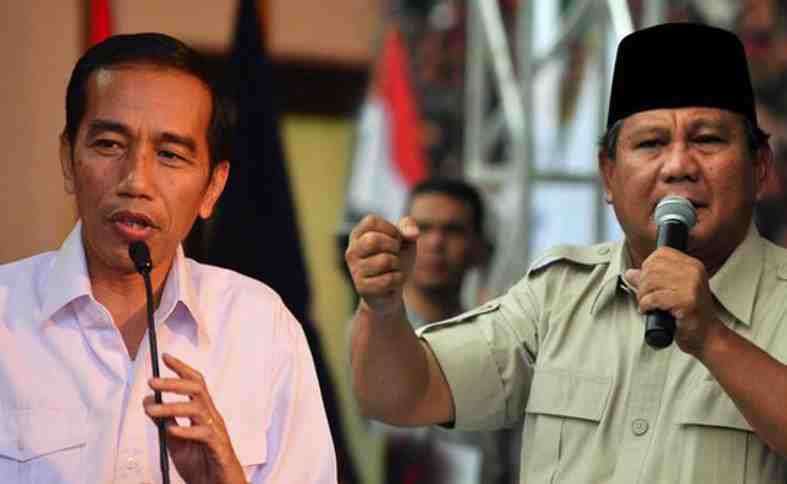




![Israeli tanks and APC’s gather by the Israeli – Lebanese border. Amid Israel’s escalating campaign against Hezbollah in Lebanon on September 30, 2024. [Erik Marmor/Getty Images]](https://en.minanews.net/wp-content/uploads/2024/10/IMG_20241001_203226-300x197.jpg)




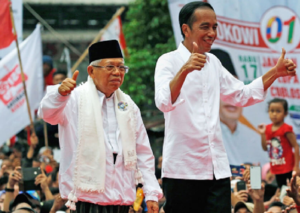
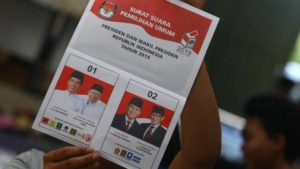
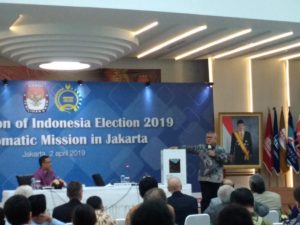
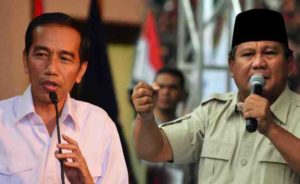
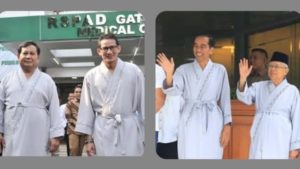
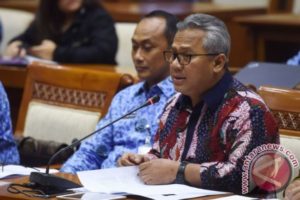












 Mina Indonesia
Mina Indonesia Mina Arabic
Mina Arabic